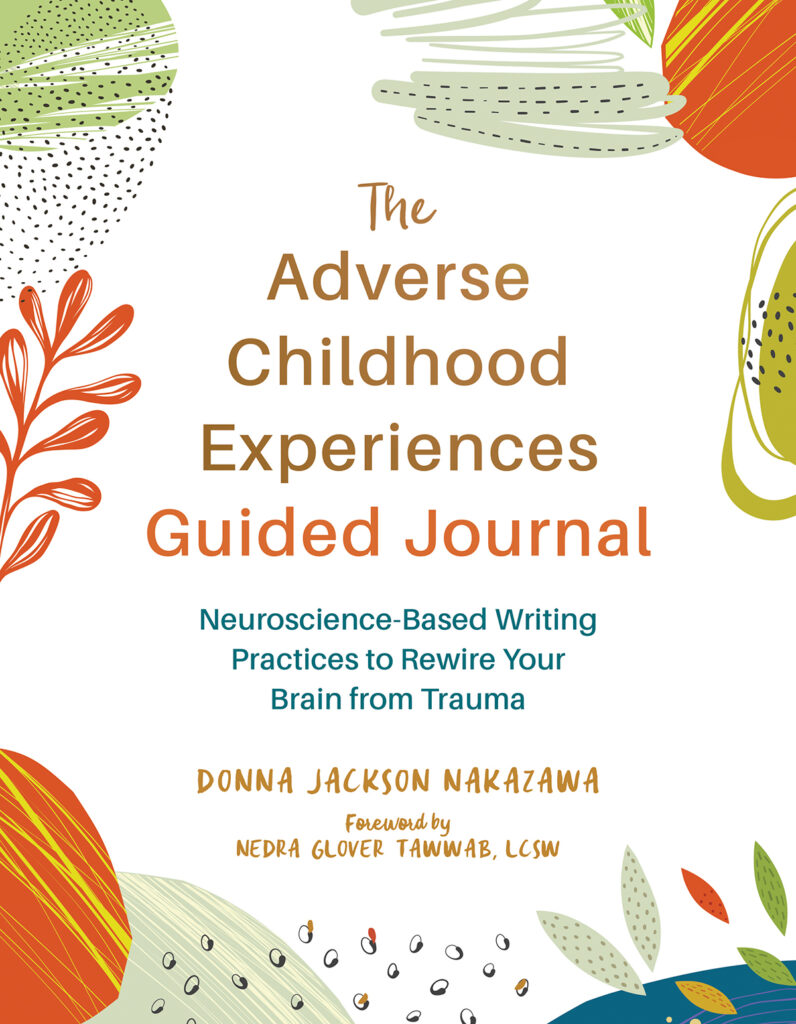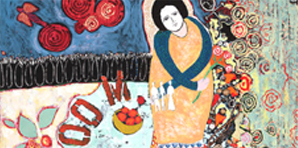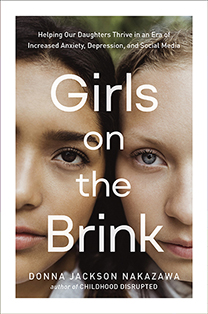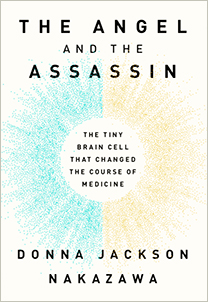Increasingly doctors are looking at depression as an inflammatory reaction, rather than a standalone neurological disorder — and in some cases depression may even be exacerbated by an allergic reaction. This theory could lead to never-before-prescribed methods that can be used in conjunction with traditional antidepressants to combat inflammation. This new understanding of depression could even help us to find new “cures” for depression.
The relationship between inflammation and depression makes so much sense. Our body reacts to stressors by pumping stress hormones and inflammatory cytokines through the bloodstream. And it just so happens that people suffering from depression are loaded with high levels of inflammatory cytokines. This has led researchers to focus on fighting the inflammatory symptoms of depression, rather than the neurological ones. There may be some hope in the form of easily-accessible, over the counter methods, such as omega 3 and curcumin, that can help in conjunction with conventional depression treatment to improve symptoms (of course, never take anything without checking with your healthcare practitioner first!).
If depression is an inflammatory disease, then doing everything we can to counter the effects of stress, including longstanding stressors from any early life trauma or Adverse Childhood Experiences (ACEs) we might have faced (don’t know what ACEs are yet? You can learn more here) can make a tremendous difference. The good news is that this means there may be more ways than we ever thought possible to achieve recovery, and better brain health. Trauma-based approaches to healing — which I’ve detailed in Childhood Disrupted — can all help counter inflammation and thus ease symptoms.
One of the most beautiful and profound descriptions of depression I’ve ever read comes from writer Andrew Solomon’s book The Noonday Demon. Solomon (whose newest book, Far From the Tree, has just been released in paperback) shares his insight into depression in this powerful TED talk.



















